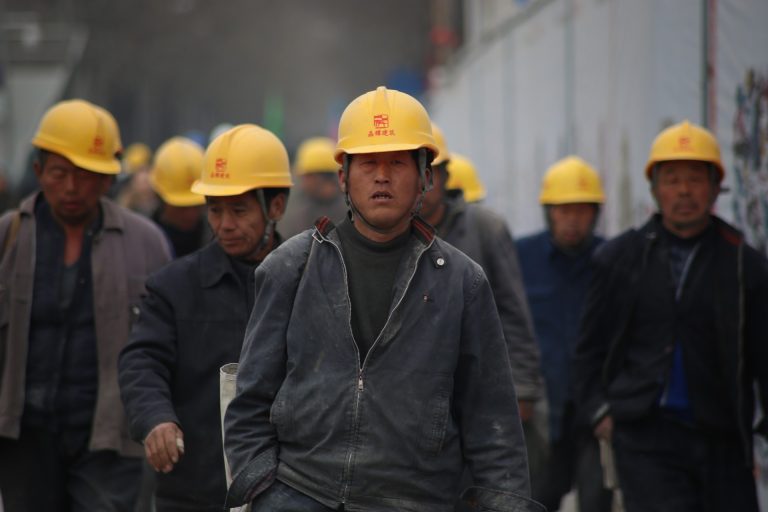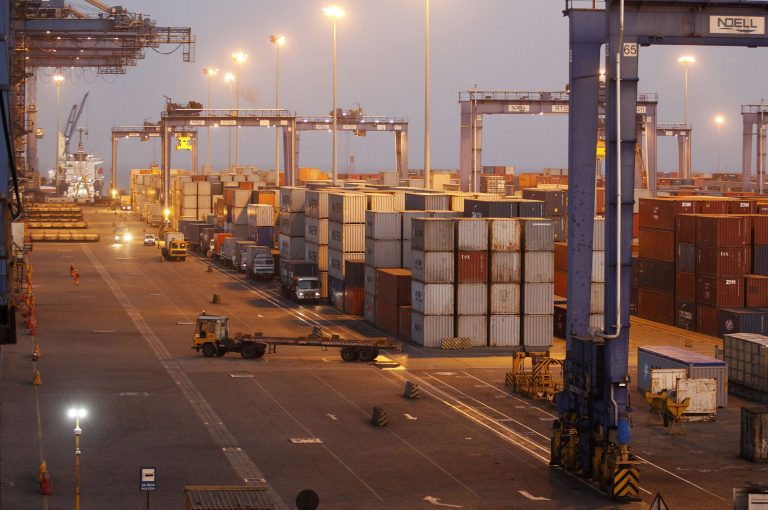Around 500 workers from Vietnam, who were hired to build a factory for China’s Shandong Linglong Tire Co. in Serbia, have allegedly been subjected to harsh living and working conditions that could potentially affect their health and lives.
Proclaimed by both Chinese and Serbian officials as a sign of “strategic partnership” between the two nations, the undertaking has caught the attention of environmentalists who are worried about the harmful pollution that tire production is very likely to cause. With indications that the Vietnamese workers could be victims of human trafficking or even slavery, the project has come under the scrutiny of human rights activists as well.
When workers first arrived at Zrenjanin, a small city in northern Serbia, they were housed in barracks that lacked heating, electricity, and potable water. Moreover, they were not provided with sufficient food and had no money. With no assistance from local authorities, they were basically stranded in a foreign land.
Workers’ rights NGO A11 and the Serbian anti-trafficking NGO ASTRA, the two organizations that brought the story to light, called for an urgent response by state institutions on Nov. 17. NGOs allege the workers could be victims of labor trafficking.
Apart from cramped dormitories, only two toilets were found for the usage of almost 500 people. The working hours were often longer than permitted by law; the salaries came in late; and when paid, it was in cash. The workers are denied personal protection equipment by the employer and the costs of some of their working equipment were deducted from their payments. The workers sleep on bunk beds without mattresses.
Success
You are now signed up for our newsletter
Success
Check your email to complete sign up
“We are witnessing a breach of human rights because the Vietnamese (workers) are working in terrible conditions…. Their passports and identification documents have been taken by their Chinese employers… They have been here since May, and they received only one salary. They are trying to get back to Vietnam but first need to get back their documents,” Serbian activist Miso Zivanov of the Zrenjaninska Akcija (Zrenjanin Action) nongovernmental organization told the Associated Press (AP).
Workers told the media outlet that they were even denied medical care when they seemed to exhibit symptoms similar to COVID-19. They were instructed by their supervisors to simply stay put in their rooms.
One of the workers, Nguyen Van Tri, noted that nothing from the job contract he signed in Vietnam had been implemented. “Since we arrived here, nothing is good… Everything is different from documents we signed in Vietnam. Life is bad, food, medicine, water … everything is bad,” he said.
The workers have gone on strike twice so far. The first time was because they did not get enough food and the second time was when their wages were delayed. Some of them have been fired as a reactionary response by the management.
However, Linglong denied any responsibility towards these workers. The company instead blamed subcontractors and job agencies in Vietnam for the workers’ situation. The firm insisted that workers’ wages were paid on time in conformity to the number of hours worked and denied that the Vietnamese were living in poor conditions.
When it came to the sad state of the workers, Serbian officials were quick to underplay any wrongdoing by the Chinese. Serbian Prime Minister Ana Brnabic argued that the “attack” against the Linglong factory was being planned by “those against Chinese investments” in Serbia. “At the beginning, it was the environment. Now they forgot that and they focused on workers there. After tomorrow there will be something else,” she said.
Lawyer Rodoljub Sabic, Serbia’s former information commissioner, called the state’s attitude towards the issue of Vietnam workers as “shameful.”’ He believes the facts of the case provide “more than enough grounds” for the public prosecutor’s office to intervene. And yet, no action has been taken. Trafficking people can attract a prison term of up to 12 years according to Siberian law.
Serbia has become one of the focal points of Beijing’s expansion and investment strategies. To finance the construction of roads, railways, and other projects, Serbia has obtained billions of dollars in loans from Chinese banks.







